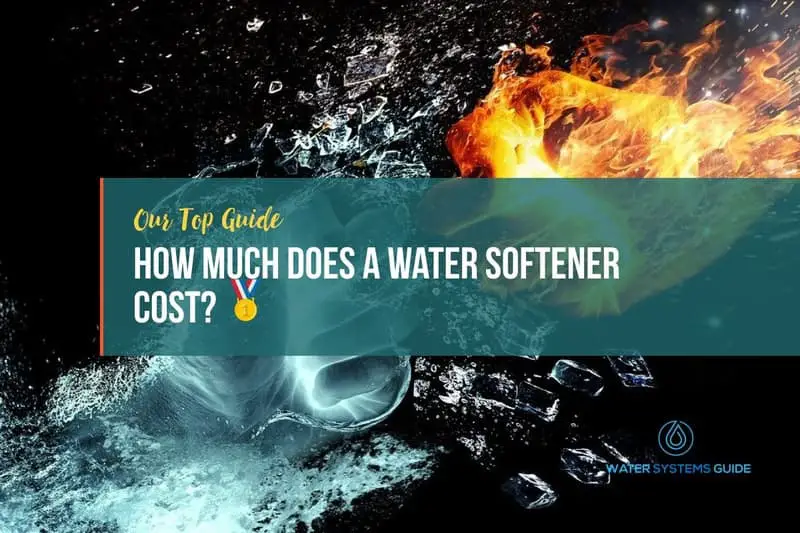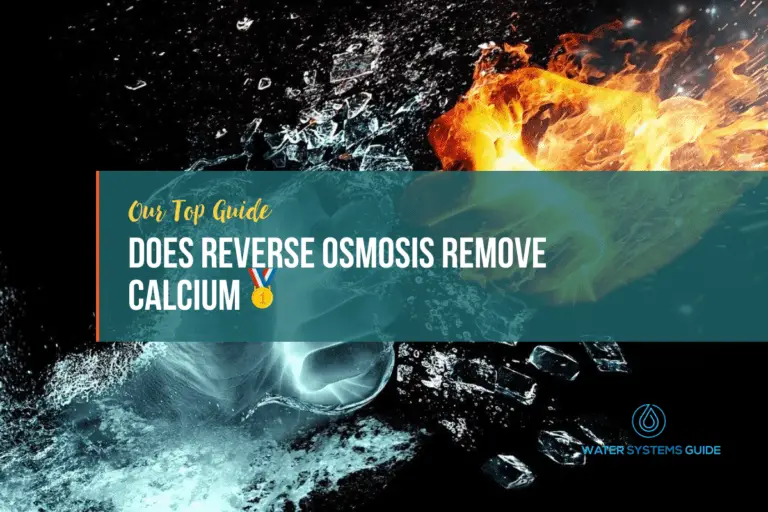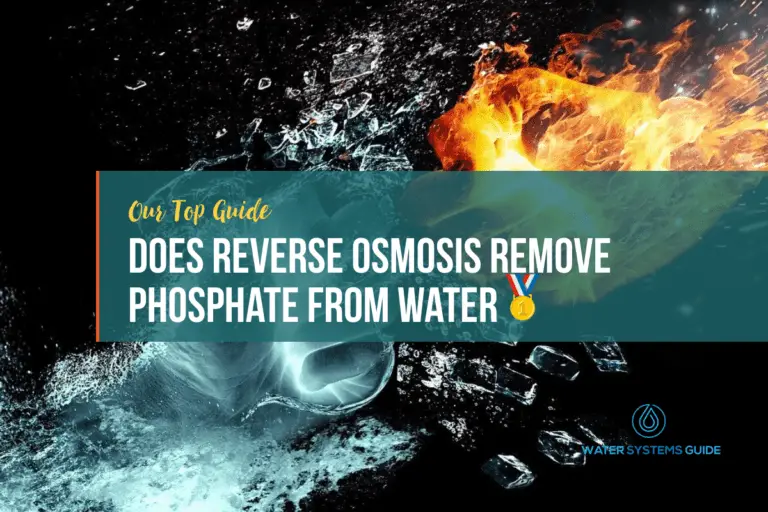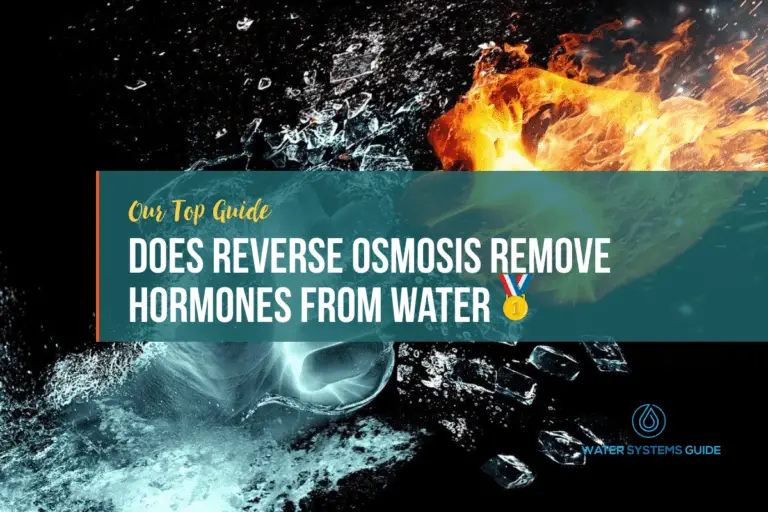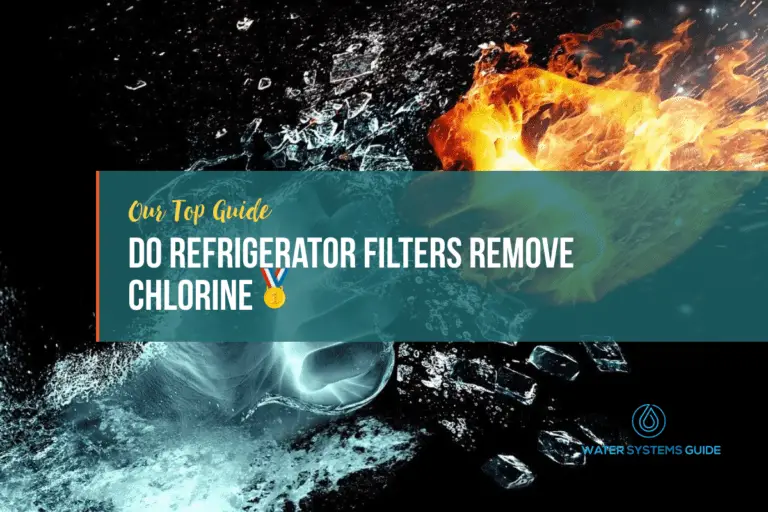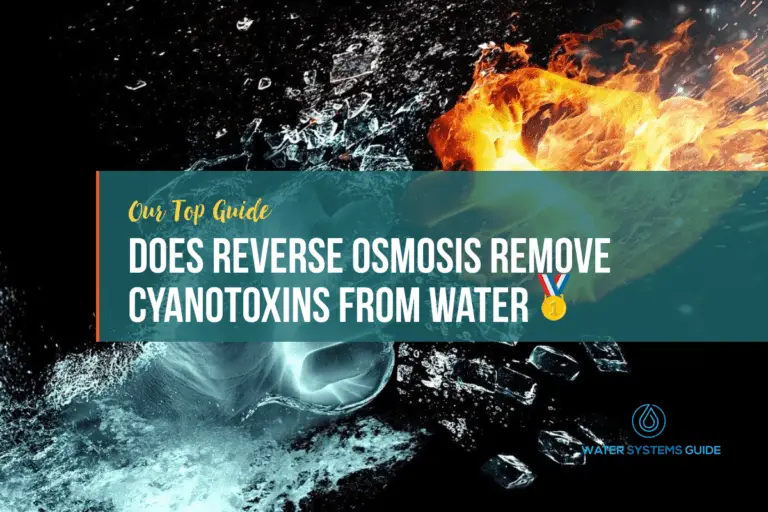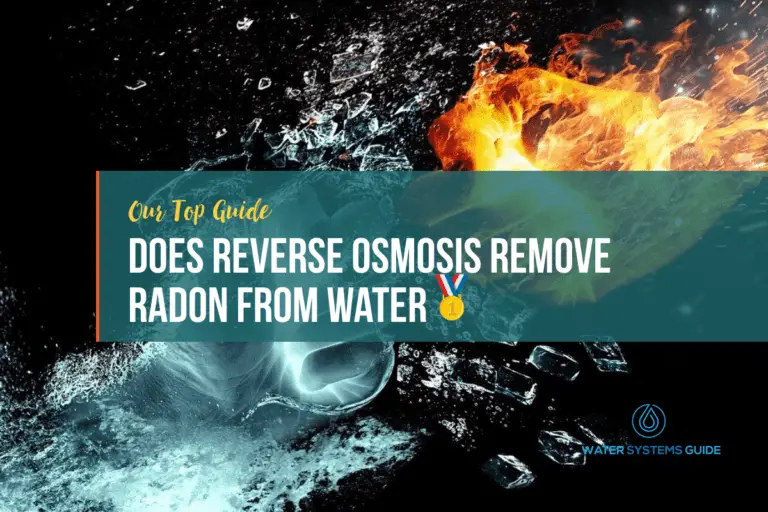How Much Does A Water Softener Cost?
are essential to have in your home, especially if you’ve tested your and it’s showing that you have excess , and hard minerals. These chemicals are usually and ions.
Why? Well, according to the EPA:
the average American family uses more than 300 gallons of per day at home. Roughly 70 percent of this use occurs indoors.
That’s a lot of , and to think that you’re consuming this and in contact with it on a daily basis means that it can substantially affect your and your family’s overall health.
If you haven’t tested your , this will be a small cost, so that you’ll be able to know the most suitable for your ‘s /metal state.
Purchasing and in particular, choosing a can be quite confusing, especially with all of the different brands and model which are on the market.
Amongst the variables, one of the big questions on your mind will be: what dollar costs can I expect to pay for a in my home? And what requirements/features would make this vary?
That’s exactly what we’re going to be delving into within this article.
What costs can I expect to pay for a ?
The cost of a can vary depending on the brand, model and retailer that you decide to purchase from.
Additionally, the price will depend on the size of your family, as well as where you live and what type of system you need. For example, if you live in an area with issues, then you’ll need a -based system which will cost more than a -free system would cost in that same area.
However, the average will range between $500 and $1000.
It’s the additional costs that can result in paying substantially more.
These additional costs include:
1) costs, which can vary quite dramatically depending on the state that you live in, and the company/individual’s experience and reputation. The reason for this is, a may require changes to the building’s plumbing that will significantly increase the total cost. Therefore, having a installed within your home or commercial building may require changes to the , which will significantly increase the overall cost.
2) Maintenance costs, which apply regardless of the type you choose. Once you have determined the cost of installing the , you will also need to consider maintenance (filter replacement, replacement) and even repair costs.
However, the unit itself alongside installation costs will be the primary outgoings.
They work by producing steam at near-boiling temperatures, which rids the of and . distillers also work more slowly, making them a better option for than a whole-house system. Not all come with everything you need for installation, so you may have to buy the components yourself. Also remember that your community may have a problem, although the larger geographical area is largely unaffected.
The two most important factors that affect the price of the are the type of unit and the installation.
Is it worth buying a ?
If you find that your tastes funny or you see stains on your dishes, it could mean that you potentially have , and therefore require a .
On the contrary, bad tasting can also be an indication of , where there are excess levels of and low levels of and ions. In this case, a would be useful.
To confirm, you can simply test and assess your to see if your household would benefit from a .
A litmus test to this is to try using soap in the bath/shower. If it lathers easily, it’s most likely , and if it’s difficult to lather and causes to form in the bathtub, then it’s likely .
Ultimately, the must be “high enough to make the relatively high cost of purchasing and operating a worthwhile.
However, let’s look at some distinct benefits of using a for your home.
- The first benefit of having a is that it can reduce the amount of soap needed for washing clothes. The soap will last longer because it’s not used up as quickly by cleaning clothes with hard, abrasive minerals. This also applies to dishwashing detergents, which are also needed less often when using a .
- The second benefit is that they can reduce limescale buildup on sinks and fixtures like showerheads and tap fittings.
- The third benefit is that they can adjust the pH level in your .
- The fourth benefit is that they can remove chlorine and other chemicals in the .
- The fifth benefit is that they can reduce or eliminate bad odours in the .
- The sixth benefit is that they can improve the taste of the .
- The seventh benefit is that they can be used to make your bathroom smell better.
- The last benefit is that they can use for long periods of time
Despite all of these discussed benefits, it’s worth figuring out the total amount of budget which you can potentially set aside, to pay for the , alongside installation fees.
How long does a last?
A will typically last between 10-20 years. The reason why it can vary is mainly that the lifespan depends on the amount of it’s treating and the of the . Additionally, the build quality, brand and model of the will play an important role in its longevity.
Remember that no treatment device lasts forever, and although have an impressively long lifespan, you will eventually need to replace your . A professional can make sure the is clean and working well, optimise settings, replace worn parts and assess the quality of your .
Does a add value to your home?
is easy to recognise. Often after washing your hands with , they feel like they have a film on them – this is caused by the reaction of soap and .
Therefore, a can increase the selling price of a home because the home is protected from the harmful effects of . If one can make the case that it improves the standard of living for those within the house, then that’s a benefit. After all, without it, it makes cleaning and bathing difficult.
With that being said, it’s definitely a good investment if is an issue in that particular area.
However, as we’ve pointed out above, you will need to get a professional installer or do some research about installing one yourself.
For sheer convenience, it will help to secure the deal, and minorly influence the value of your home. It will especially impress buyers if they see the home has filtered from every tap in the house – it’s pure luxury, and this amenity will pay dividends now and in the future when it’s time to sell.

